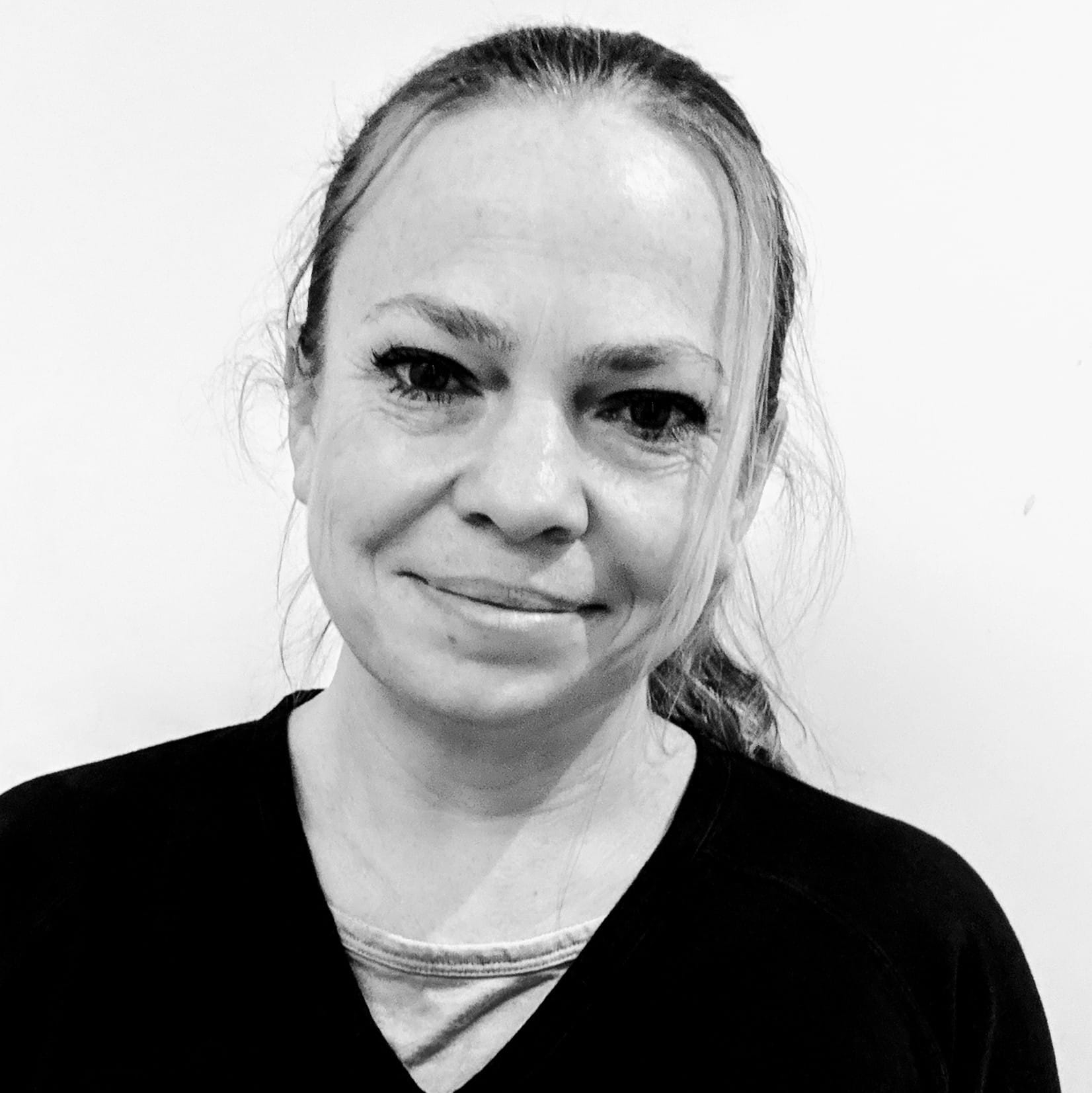
“I’m not hiding, you just don’t see me”: a quote from a young carer that has resonated with me for some years. I was talking about the concept that young carers are considered to be a hidden cohort, aiming to gather their views on how young carers may become less hidden and be recognised for what they do. They quite rightly challenged me back: is it that they are hidden or is it that we aren’t looking properly?
This week is Carers Week, a brilliant annual campaign to highlight the challenges unpaid carers face and to recognise the contribution they make throughout the UK, and what a contribution it is. It is estimated that in England and Wales alone, unpaid carers save the NHS £162 billion per year and save social care an estimated £132 billion per year. But these figures don’t really reflect the true ‘cost of caring’ on the health and wellbeing of the estimated 5.7 million unpaid carers across the UK, and the estimated 1 million children and young people who are young carers. It can cost them their childhood and their aspirations for the future as young adult carers fall off that cliff edge of support and face significant challenges in accessing further education or employment.
Last week I was happy to spend three days with young carers at their half term activities. Day one named ‘Exploration’ was for newly referred young carers to come to their local young carers service for the first time to begin to explore and think about their caring role and how it affects them. All the research highlights the impacts include struggles at school, feelings of anxiety and stress, feeling tired and more. All of which is true, but it doesn’t quite sum up the look of worry on the face of the 8-year-old child I spoke to that day, who was shy and a bit tentative, didn’t really know what their caring role was. Then as we talked through the routine of a normal day, they described their role to include managing medication, helping their brother upstairs and get dressed, helping them to eat, to speak and communicate, to know how to manage and avoid outbursts of reactive behaviour.
When I asked how often they feel worried, they quietly said, ‘I don’t know, all the time, it never goes away’. That’s the cost of a childhood. Yet sibling carers are often overlooked and worryingly the recent census figures showed an increase of 5–9-year-olds providing over 50 hours a week of caring responsibilities. Just to note that when I asked that child how they manage this worry, they told me they like to remember all the good times, fun times and how much they love their brother and family. Then, at day two of activities, to see this child settling into the young carers service with a walk in the woods and a beaming smile of excitement as they hurtled down a steep hill to let off some steam highlighted the importance of the young carers services for these children and young people, to have some respite from the constant worry.
This Carers Week, the All Party Parliamentary Group for young carers and young adult carers launched a welcome national inquiry focusing on life opportunities of young carers. What with this and the inclusion of young carers in the school census, I hope that 2023 is to be a landmark year where we start to see a shift in recognition of young carers. But we need to remember, hundreds and thousands of them may be hidden, but they are not hiding; it is our responsibility to think about where to find them.
Helen Leadbitter, Young Carers Initiative
